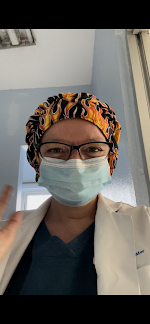Day 3, Day 5, Day 6 Embryos? What is the difference and why does it matter when looking for Donated Embryos

There are many important questions to ask a potential Embryo Donor when you're considering building your family with Donated Embryos. This full list can be viewed from the link below. https://embryologistonfire.blogspot.com/2023/01/what-to-ask-when-looking-for-donated.html) The question for today is... On w hat Culture Day was the embryo cryopreserved (frozen)? Cryopreservation can take place on different days for different reasons. Day 0: When a human egg is retrieved at the retrieval, this is day 0. The eggs are either cryopreserved (frozen as eggs) or fertilized in the laboratory either by ICSI (intracytoplasmic sperm injection) or conventional insemination on this day. Cryopreservation on Day 0 is unfertilized oocyte (egg) freezing. This is done for fertility preservation and more commonly for availability of frozen unfertilized donor eggs through a clinic or donor egg bank. Day 1: Most laboratory teams will check for fertilizat...


